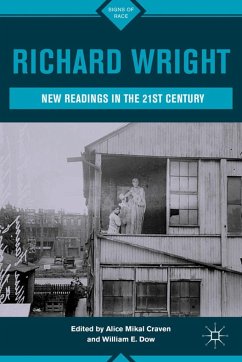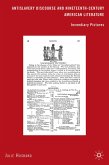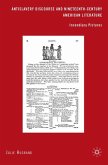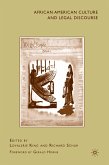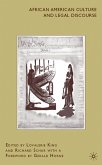This wide-ranging collection of essays contains unexplored themes and theoretical orientations centering on racism and spatial dimensions; the transnational and political Wright; Wright and masculinity, Wright and the American 1950s and 1960s; and some of the first analyses of Wright's recently published A Father ' s Law (2008).
"Richard Wright is a welcome addition to Wright scholarship, especially the essays that explore the inflections of social justice in Wright's global vision and transnational modernism or offer provocative readings of individual texts, such as A Father's Law. The volume establishes the continuing importance of Wright's perspectives in literary and cultural studies today through a renewed engagement in comparative frameworks with his fiction and non-fiction from the 1940s and the 1950s." - Amritjit Singh, Langston Hughes Professor of English, Ohio University
"Richard Wright's role in the history of our present is the beating heart of this indispensable collection of essays. By paying much needed attention to his late and unpublished writings, neglected details of his exile from the United States, and his influence on contemporaries as diverse as Carson McCullers and George Lamming, these essays reveal Wright as a revolutionary prophet of the Global South, the transatlantic diaspora, and the postcolonial world. Wright resurfaces here as a rogue fugitive of capitalist modernity: the man who thankfully knew too much." - Bill V. Mullen, Professor of English and American Studies, Purdue University
"Richard Wright's role in the history of our present is the beating heart of this indispensable collection of essays. By paying much needed attention to his late and unpublished writings, neglected details of his exile from the United States, and his influence on contemporaries as diverse as Carson McCullers and George Lamming, these essays reveal Wright as a revolutionary prophet of the Global South, the transatlantic diaspora, and the postcolonial world. Wright resurfaces here as a rogue fugitive of capitalist modernity: the man who thankfully knew too much." - Bill V. Mullen, Professor of English and American Studies, Purdue University

